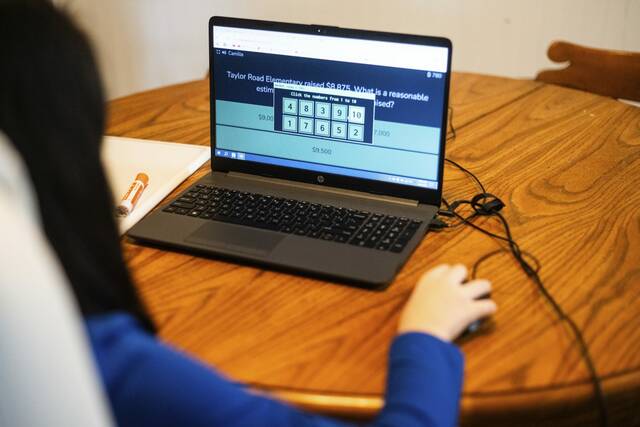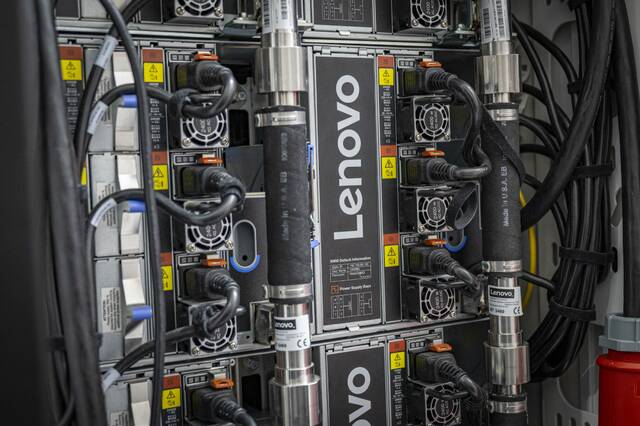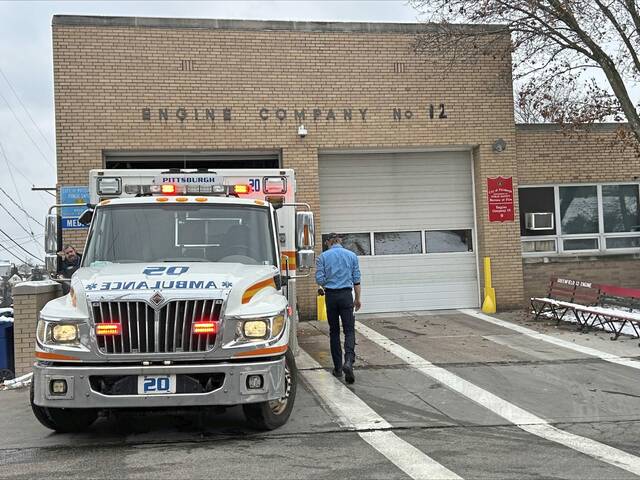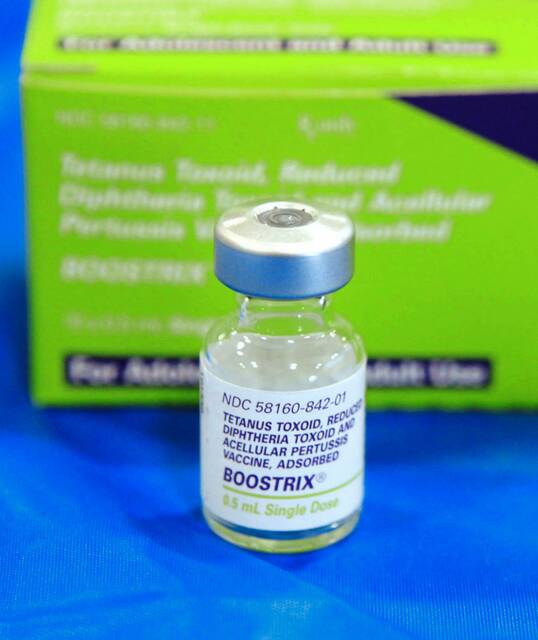Pennsylvania has struggled with a solution for public education funding for decades.
How do we build schools, buy books, pay teachers, fuel buses and more from Pittsburgh to Greensburg to Kiski Township to Fayette County without shortchanging students or overburdening taxpayers? How do we make sure rural areas, suburbs and city centers are all fairly treated?
Simply, we don’t. At least, we have not found a way to do so yet, even though a court has identified the way we try as unconstitutional.
That ongoing battle has segued into another, more political one: school choice and vouchers. This is where kids whose parents want them to go to other, non-public schools can get scholarships to attend private or parochial schools.
Generally these programs are supported by Republicans who claim it is a way to make public schools more accountable. Democrats oppose the idea that public schools could be better if that money was invested in them instead. Gov. Josh Shapiro lending support in 2023 was a political dustup in the midst of an already contentious budget debate.
But the newest version of this fight is over cyber charter school funding. Cyber charters operate in an odd limbo between public and private. They allow remote learning, operate with alternative styles and use public funds. The money comes from the school districts where students live, based on how much that district pays per child.
That means Student A’s district could pay $18,000 per year while Student B’s district pays just $10,000. The cost of the cyber school to educate the children is no different.
Pennsylvania wants to change that. In February, Shapiro announced a push to change to a flat fee statewide. House Bill 1500 would set that fee at $8,000, claiming that while it is lower than brick-and-mortar schools, that’s fine because cyber schools don’t have the same building requirements and can therefore operate on less money.
Cyber schools push back on that, citing higher (and more expensive) tech requirements.
Who is right? Likely both. Districts and cyber charters are both focusing on their aspect but not the whole problem.
School districts need financial relief. However, while some offer their own remote learning options, like Burrell’s eAcademy or Allegheny Valley’s Dynamo Virtual Academy, in an attempt to give families the benefit of a cyber school without the district’s expense, they can ignore issues that push people toward a charter.
Cyber charters could embrace a flat fee and propose one that would be workable if $8,000 wouldn’t cover needs. They also should find a way to be better partners with districts for the good of students as well as to create a less adversarial relationship.
And maybe someday, Harrisburg could figure out how to fairly fund all public education in Pennsylvania instead of finding new issues to kick around.








